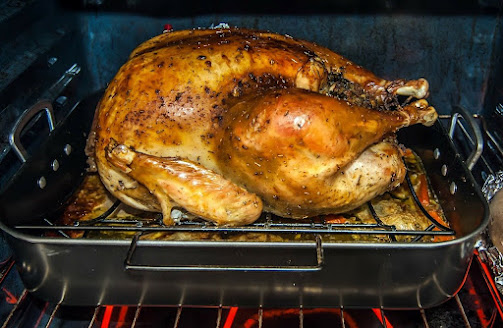Though many individuals have the thought that feeding a toddler a vegetarian diet isn’t safe, so long as parents take care to make certain that all the suited nutrients are met, it’s actually rather healthy. A few Advantages to a lifelong, proper vegetarian diet include a lower risk of heart condition, hypertension, diabetes and obesity.
The chief problem with vegetarianism and toddler nutrition is making certain your youngster gets enough nutrients and calories. Calorie ingestion is important for ensuring your toddler has the vitality he needs to play hard and grow.
It may be challenging to develop a well-rounded vegetarian toddler menu that supplies enough protein and iron. As toddlers already have such a little appetite, it may be hard to get them to eat enough veggies or beans to receive all of their nutrients. Therefore, it's crucial that vegetarian youngsters are served nutrient-dense foods.
Soybeans and tofu are an excellent source of protein for adults and children over 4. For toddlers, though, it shouldn’t be utilized as their main source of protein. In that instance, compliment the tofu or soybeans that you serve with soymilk that has been beefed up with vitamins and minerals. Not only will this help provide a little protein, it will likewise help your toddler’s nutrition by providing calcium, and vitamins A and D, which may often be difficult to get in a vegan diet.
Iron may be found in a lot of vegetarian-friendly foods. Kidney beans, lima beans, green beans, and spinach are all great sources of iron.
However, unlike iron derived from animal sources, iron from veggies may be hard for your body to absorb properly. But serving a vitamin C rich food with those beans or spinach may make the iron easier for your toddler to absorb. Some great sources of ascorbic acid include tomatoes, oranges, broccoli, red peppers, and cantaloupe.
While it's possible to raise a healthy vegan, it may take a bit more work. You might need to supplement your toddler’s diet to ensure they get all the nourishment that they need. Vitamin B-12 may be particularly difficult for vegans to get enough of. While veggies contain some B-12 vitamins, the body doesn't easily absorb these. Your toddler’s health professional may help you decide on a B-12 suitable for toddlers.
A diet that doesn't allow for calcium can also be detrimental to your youngster’s health. Calcium helps to make bones stronger and aids in proper growth and development. Select soymilk that's calcium-fortified, but make sure it’s likewise fortified with other nutrients that your toddler requires for great nutrition.









